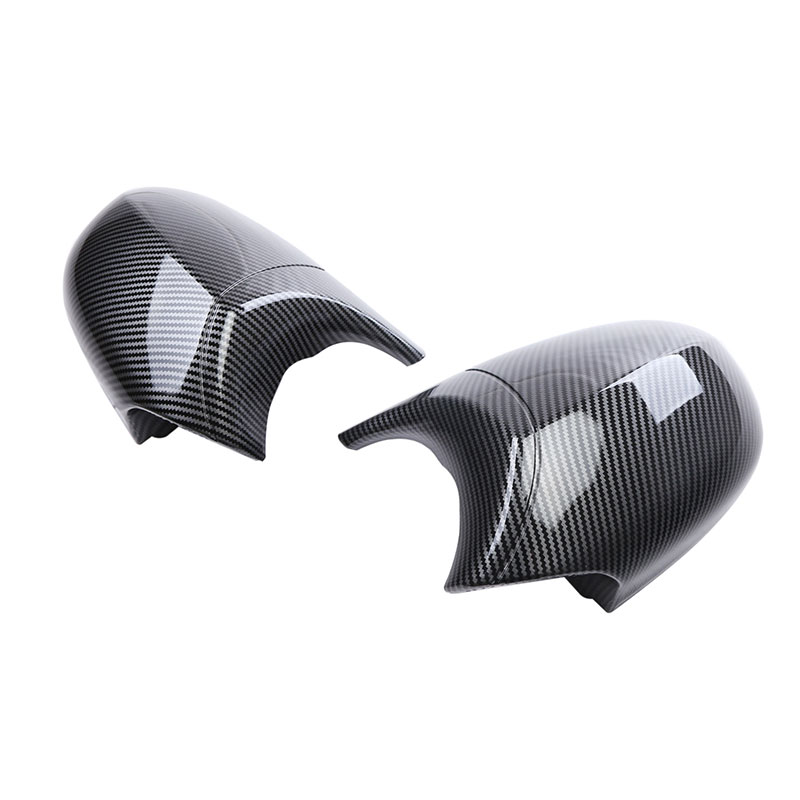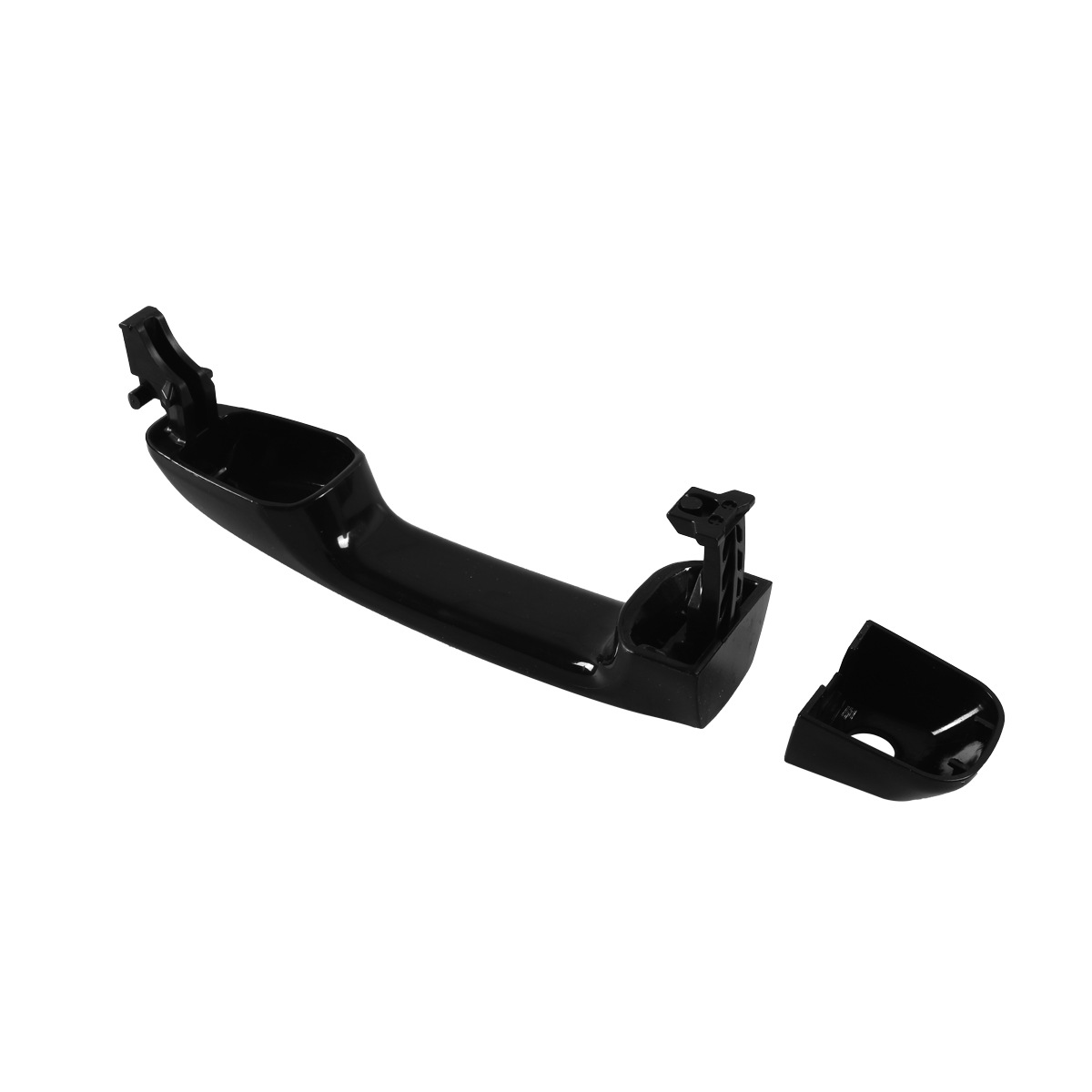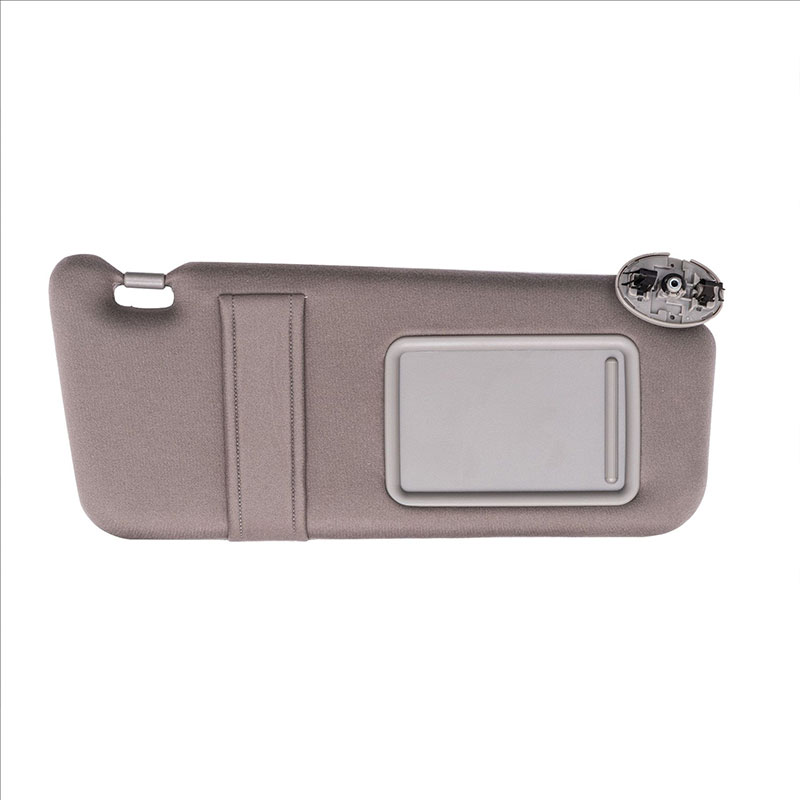In the field of injection - molding processing of auto parts, reasonable quotation is the core issue. It involves complex cost calculation and market considerations and is related to corporate profits and the success or failure of projects. So, how to obtain a reasonable quotation? This article will deeply analyze the quotation problem of injection - molding processing of auto parts, and provide you with comprehensive guidance from aspects such as part characteristics, cost composition, quotation acquisition and evaluation.

By Function
Auto parts include structural parts. For example, parts of the vehicle frame require high - strength materials because they need to support the entire vehicle body. There are also transmission parts, such as gears, which have high requirements for precision and wear resistance. Sealing parts are required to have good sealing performance, and appearance parts need to be beautiful and have good texture.
By Material
There are metal and plastic types. Plastics are further divided into general - purpose plastics (such as PP, PE) and engineering plastics (such as PA, POM). Engineering plastic parts have high cost but good performance.
By Complexity
Simple parts are like small clips, while complex parts are like those beside the engine cylinder block or complex parts in the interior. Their design and manufacture are not easy.

High - precision Engine Parts
The cost of such parts mainly depends on the precision of the mold and the material. The mold must be particularly precise because engine parts have strict tolerance requirements and special high - temperature - resistant and high - strength materials are used.
Appearance Parts
The cost of appearance parts is affected by surface treatment and materials. For a good appearance, fine grinding, polishing, painting or electroplating are required. These processes are complex, so the cost is high. Materials with good texture also need to be selected.
Other Types of Parts
The cost of transmission parts is related to precision and wear resistance. Sealing parts need to have good sealing and chemical resistance. These materials with special requirements increase the cost.

Common materials: Injection - molding of auto parts uses general - purpose plastics (PP, PE) and engineering plastics (PA, POM). They have different performances and are used for different parts.
Price fluctuations: Crude oil prices, supply and demand, production capacity, and new materials will affect the price.
Procurement strategy: Long - term procurement stabilizes the price but occupies capital and storage space, while spot procurement is flexible but has large price fluctuations.
Design: Reasonable design affects the cost, and good parting surface and runner design are important.
Manufacturing process: CNC and EDM have high - precision processing, which increases the cost.
Mold materials: H13, P20 steel, etc. have different performances and prices, and they are selected according to requirements.
Mold life: Wear and maintenance costs affect the cost of a single part.
Injection - molding machine selection: Clamping force and injection volume should match the parts. Different tonnages have different costs.
Equipment depreciation: Use the straight - line or accelerated depreciation method and calculate based on production conditions.
Energy consumption: Process parameters affect the consumption of electricity and oil. Energy consumption and efficiency should be balanced.
Labor cost: Calculated according to the hourly rate, including training, etc., and is related to the complexity of operations.
Production efficiency: The cycle and the yield rate affect the cost. Improving efficiency can reduce the cost.
Processes: Grinding, polishing, painting, electroplating, assembly.
Cost calculation: Each process has different cost calculation methods, which are related to precision, working hours, materials, etc.

Qualification certification: Check whether there are certifications such as ISO 9001, IATF 16949. These are the basis for quality assurance.
Production capacity: Evaluate the tonnage range of injection - molding machines and the scale of the mold manufacturing workshop to ensure production requirements can be met.
Industry experience: Review past auto parts project cases and cooperation experiences with well - known brands.
Innovation ability: Investigate new injection - molding processes and mold design improvement capabilities.
Preparing documents: Provide 3D/2D drawings, material specifications, surface treatment requirements, quantity forecasts, quality acceptance, packaging and transportation requirements.
Multi - round quotation: First, make a preliminary inquiry, then communicate and adjust to ensure the quotation is reasonable and accurate.
Analyzing key points: Focus on cost details, quality assurance clauses, and delivery time.
Identifying problems: Low quotations may have problems such as poor quality and unreasonable cost allocation. High quotations require understanding of the reasons.
Comparing quotations: Compare the differences and reasons of quotations from different suppliers to find the most cost - effective one.

The quotation of injection - molding processing of auto parts requires comprehensive consideration. When selecting suppliers, attention should be paid to qualifications, capabilities, experience, and innovation ability. To obtain quotations, detailed documents should be prepared and multi - round inquiries should be made. When evaluating quotations, key points should be analyzed, problems should be identified, and different quotations should be compared to select the optimal solution.
Copyright © 2023 :Worldbound Plasitc Products Co.Ltd